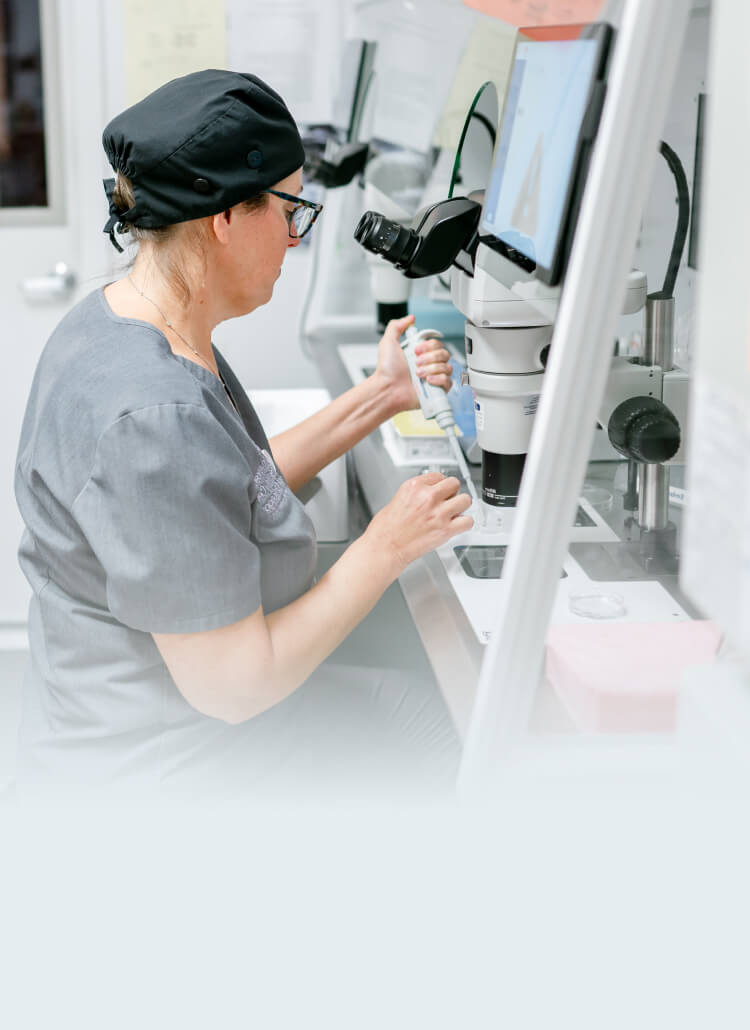What is Frozen Embryo Transfer (FET)?
Frozen embryo transfer (FET) is a process where previously frozen embryos, created during an earlier in vitro fertilization (IVF) cycle, are thawed and transferred into the uterus. This procedure allows patients to use their frozen embryos in a subsequent cycle, which can be months or even years after the embryos were initially created.



